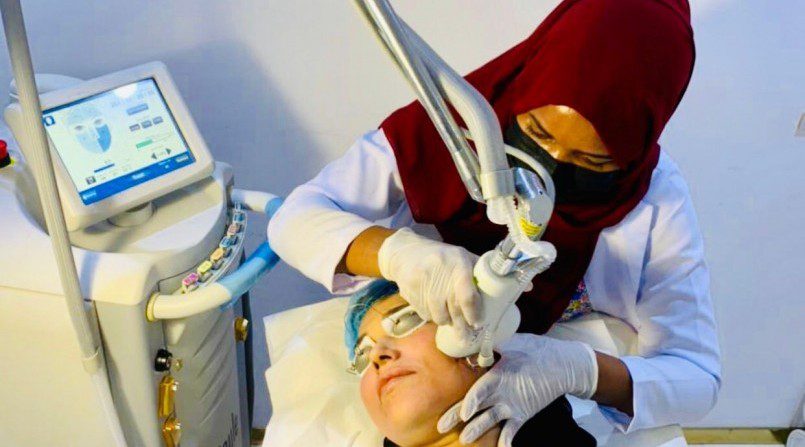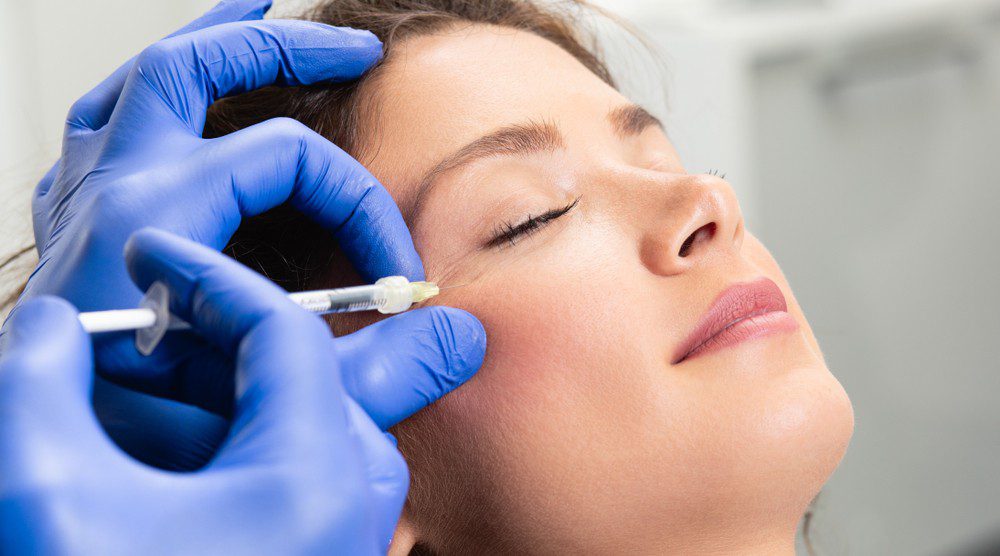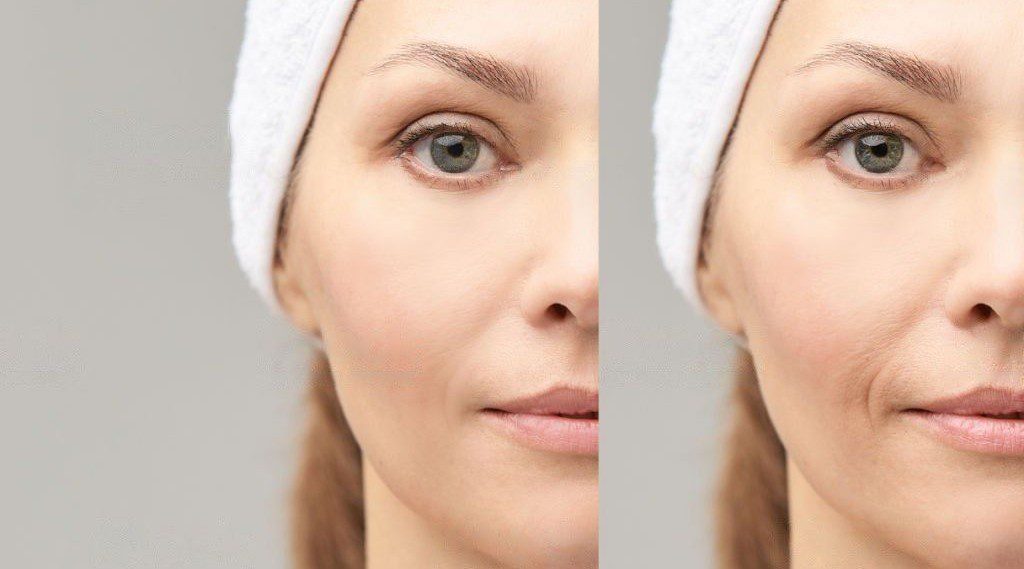Freckles: What are they? Treatment, Causes & Removal.

What are freckles?
Freckles are small, flat, brownish spots on the skin that are typically more pronounced with sun exposure. They are most common in areas exposed to the sun, such as the face, arms, and shoulders. Freckles are usually harmless and are caused by an increase in melanin, the pigment that gives skin its color.
Types of freckles
The common types of freckles are:
- Ephelides: These are the classic freckles that appear in childhood and may fade with age and reduced sun exposure.
- Lentigines: Also known as age spots or liver spots, these are larger, darker, and do not fade with reduced sun exposure. They often appear in older individuals.
- Solar lentigines: Similar to lentigines, these are also related to sun exposure and usually appear as dark spots on sun-damaged skin.
Causes of freckles
- Genetics: Freckles are often hereditary, meaning they can run in families. The presence of freckles is linked to the MC1R gene, which influences skin pigmentation.
- Sun exposure: Ultraviolet (UV) light from the sun stimulates melanin production, leading to the formation of freckles. Sun exposure can intensify existing freckles and cause new ones to appear.
- Hormonal changes: Hormonal fluctuations, such as those during pregnancy or puberty, can sometimes lead to the development of freckles or cause existing ones to become more prominent.
Treatment and cure of freckles
SKIN111 clinics offer a variety of treatments to remove or reduce the appearance of freckles and other types of skin pigmentation. Most effective treatments that offer immediate results require aesthetic devices. Meanwhile, home remedies can also help in maintaining results and prevention of recurrence.
Medical treatments for freckles
- Laser therapy (PICO, HALO, MOXI, Erbium Glass Laser): Targets melanin in freckles to lighten or remove them, often providing long-lasting results.
- Chemical peels: Uses acids to exfoliate and reduce pigmentation, improving the appearance of freckles.
- Cryotherapy: Involves freezing freckles with liquid nitrogen to cause them to fade or fall off.
- Intense pulsed light (IPL) or Broad-band light (BBL): Uses broad-spectrum light to target and reduce pigmentation in freckles.
- Topical treatments: Prescription creams containing ingredients like hydroquinone or retinoid can lighten freckles over time.
Home remedies and natural treatments for freckles
Home remedies for freckles include using lemon juice to lighten pigmentation, aloe vera for soothing and reducing melanin, and honey mixed with yogurt for exfoliation and moisture. Other options are applying green tea extract for its antioxidant benefits, cucumber slices or juice for soothing, and turmeric mixed with milk for its anti-inflammatory properties. Tomato pulp and vitamin C are also used for their potential to lighten freckles and protect skin. Consistent application of these remedies, along with diligent sun protection, can help reduce the appearance of freckles over time.
When to consult a doctor for freckle treatment?
Consult a dermatologist if:
- Freckles change in size, shape, or colour.
- You notice any new freckles or spots that are different from any existing ones.
- You are interested in medical treatments to remove freckles for cosmetic reasons.
Do freckles mean trouble of any sort?
Can a dermatologist remove freckles?
Yes, a dermatologist can remove freckles using various treatments, depending on your skin type, the number and location of the freckles, and your overall goals.
Does vitamin C get rid of freckles?
Vitamin C can help reduce the appearance of freckles, but it may not completely get rid of them.
Can freckles be treated permanently?
Freckles can be lightened or reduced, but completely removing them permanently can be challenging. Several treatments can help reduce the appearance of freckles, but their effectiveness varies, and freckles can return with sun exposure.
Prevention of freckles
Preventing freckles involves minimizing factors that contribute to their development, primarily sun exposure. Here are effective strategies to help prevent freckles:
- Use sunscreen regularly.
- Wear protective clothing.
- Stay out of direct sunlight especially during peak hours.
- Avoid frequent outdoor and sun activities.
- Avoid tanning beds and sun tanning.
Conclusion
Most Popular:
-

Sciton HALO vs Sciton BBL
Read More »September 20, 2022 -

What is profhilo, and how is it different from fillers?
Read More »September 20, 2022 -

Body contour solutions from SKIN111
Read More »September 20, 2022 -

Does IV GLUTATHIONE therapy work
Read More »September 20, 2022 -

How can an IV drip help you boost your energy
Read More »September 20, 2022